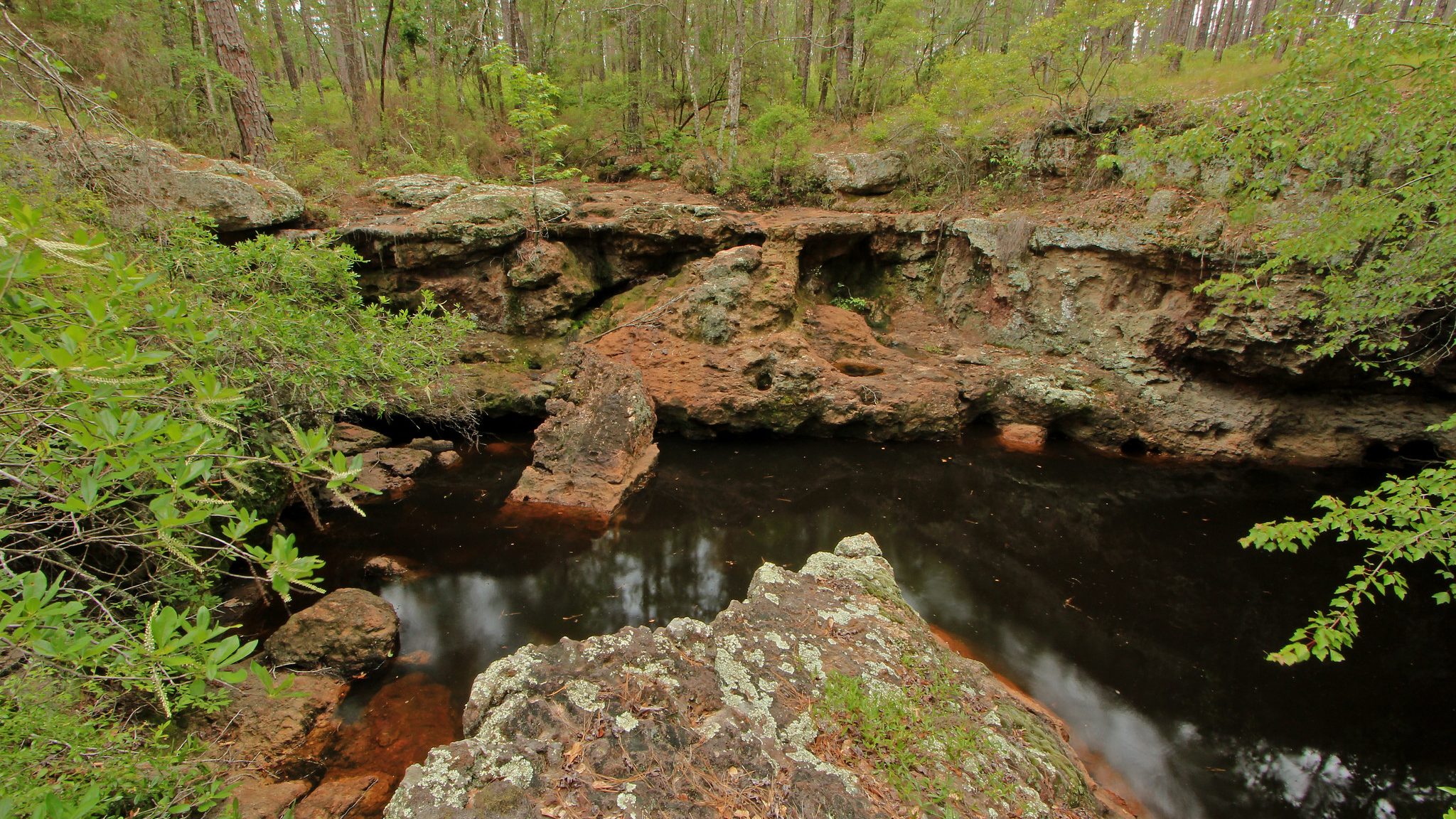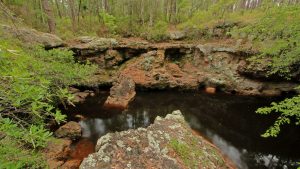The U.S. Geological Survey Uses Global Climate Models to Inform Resource Managers about Risk Management

SE CASC Research Ecologist, Adam Terando is lead author and SE CASC Acting USGS Director, David Reidmiller is a co-author of the new USGS publication, Using Information From Global Climate Models to Inform Policymaking—The Role of the U.S. Geological Survey. The following news post was originally published by the National CASC and can be viewed here.

Image Credit: Alan Cressler
A new Open-File Report by CASC researchers and USGS co-authors provides an overview of global climate models in a risk management context and summarizes how the USGS will continue to follow best practices for producing this science to inform adaptive management processes and planning activities within DOI bureaus and by DOI stakeholders.
To fulfill their missions successfully, natural resource managers often must consider future risks, including those stemming from climate change. Climate change is a risk management challenge for society because of the uncertain consequences for natural and human systems across decades to centuries. Measuring risk encompasses an assessment of the likelihood and consequences of specific management outcomes and involves judgments about what is of value, what is the ranking of priorities, and what are the tradeoffs associated with different actions and strategies.
In a new USGS Report, researchers from the Southeast, Northeast, Alaska, and National CASCs, and other USGS co-authors, summarize how USGS and other U.S. Department of the Interior (DOI) scientists help managers assess risks associated with observed and projected changes in climate so that adaptation and mitigation activities can be evaluated and implemented.
As part of its routine science practices, the USGS regularly reviews the state of knowledge of climate science, develops and maintains best practices in using global climate models (sophisticated numerical representations of the Earth’s climate system) to project climate change impacts, and provides data and interpretations of potential impacts to the resources managed by DOI and other stakeholders. To do so, the USGS works directly with other DOI bureaus to incorporate new knowledge into adaptive management processes and planning.
Review the full report to learn more: “Using Information From Global Climate Models to Inform Policymaking—The Role of the U.S. Geological Survey”
- Categories:
